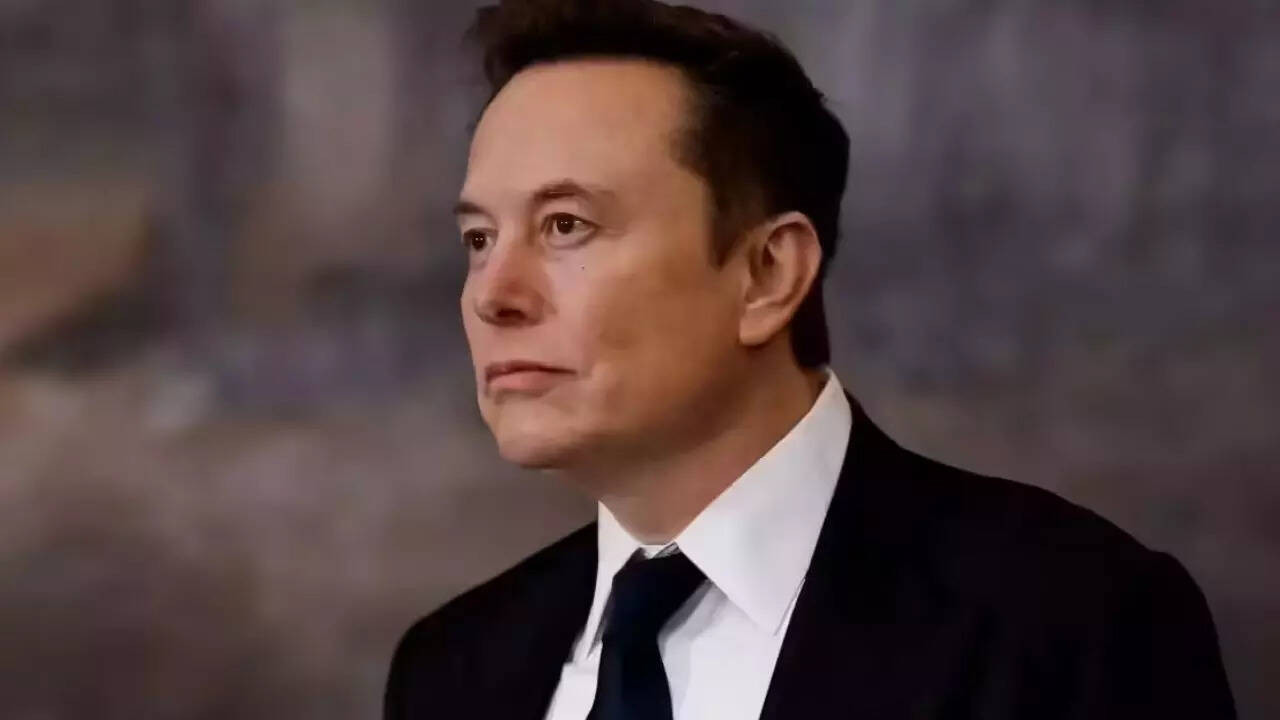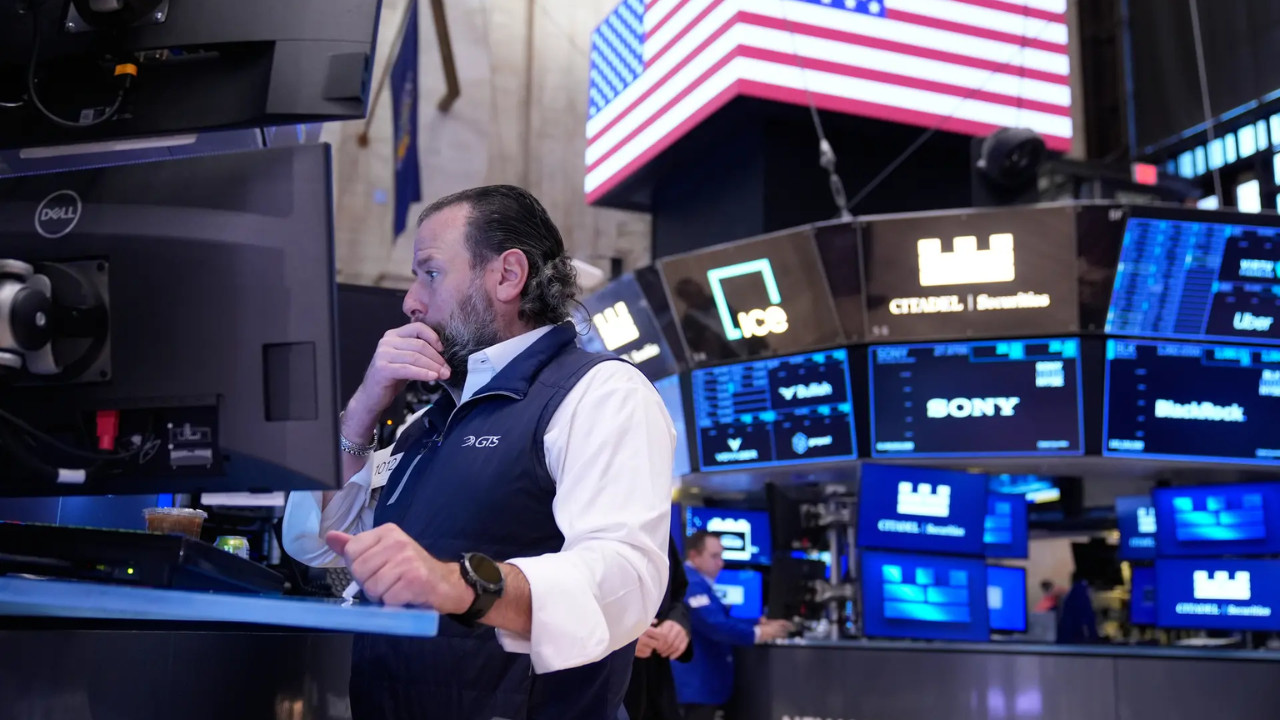The World Bank reports a significant plunge in foreign direct investment into developing economies, reaching its lowest level since 2005. This decline is attributed to rising trade and investment barriers erected by governments.
The Global Investment Drought: Are Developing Nations Left Parched?
Okay, let’s talk money. Not the fun, “I just won the lottery” kind, but the serious, “this could reshape global economies” kind. Specifically, let’s delve into the latest figures on Foreign Direct Investment (FDI) in developing nations. And, folks, the picture isn’t exactly rosy.
The headlines scream of a worrying trend: FDI flows to developing countries have plummeted to a 20-year low. Twenty years! That’s a generation practically born and raised in a different economic climate entirely. We’re talking about a significant contraction that should make everyone – from economists to policymakers to, well, you – sit up and take notice.
What does this actually mean? Simply put, less money is flowing from wealthier nations into building infrastructure, creating jobs, and fueling growth in developing economies. This isn’t just abstract numbers; it translates to fewer schools built, less access to healthcare, and fewer opportunities for people to climb out of poverty.
The report highlighted something even more jarring: the poorest countries are receiving a mere 2% of global FDI. Just two percent. Think about that for a second. These are nations often grappling with immense challenges – conflict, climate change, lack of resources – and they’re getting a sliver of the investment pie. It’s like trying to quench a raging fire with a teaspoon of water.
So, what’s driving this dramatic downturn? There’s no single silver bullet explanation, of course. A cocktail of factors is at play.
Geopolitical instability is a huge component. Who wants to invest significant capital in a region riddled with conflict or political uncertainty? Businesses crave predictability, and instability throws a wrench into even the best-laid plans. Think about it from their perspective: would you build a factory in a place where the government might change overnight, or where armed conflict could disrupt operations? Probably not.
Global economic headwinds are also contributing. Higher interest rates in developed countries are making it more attractive for investors to keep their money closer to home. Why risk investing in a potentially volatile developing market when you can get a decent return with less risk in a stable economy? It’s a rational, albeit slightly self-serving, calculation.
Supply chain disruptions, lingering effects from the pandemic, and fears of a global recession all add to the economic anxieties. Businesses are understandably more cautious about expanding into new markets when the overall economic outlook is uncertain.
But beyond the broad economic factors, there’s also the issue of investment climate within developing countries. Are governments creating a level playing field? Are regulations clear and transparent? Are property rights protected? Are corruption levels manageable? These are all crucial factors that influence investment decisions. No amount of good intention can make up for a difficult business environment.
Now, here’s where my subtle opinion comes in. This isn’t just about money. It’s about fairness and global responsibility. Developed nations have a moral obligation, in my view, to support developing countries in their journey towards economic progress. It’s not just altruism; it’s also enlightened self-interest. A more prosperous and stable world is ultimately beneficial for everyone.
This isn’t to say that developing nations are blameless. They absolutely need to focus on creating more attractive investment environments. But developed nations also need to look beyond short-term profits and consider the long-term consequences of neglecting the developing world.
What can be done to reverse this troubling trend? There are several potential avenues:
* Greater International Cooperation: International organizations and governments need to work together to promote stable investment climates and provide financial assistance to developing countries.
* Risk Mitigation Strategies: Developing innovative risk mitigation instruments that encourage investment in high-risk regions. Think insurance schemes, guarantees, and political risk coverage.
* Targeted Investment: Focus on sectors that have the greatest potential for impact, such as renewable energy, agriculture, and healthcare.
* Capacity Building: Investing in education and training programs to equip developing countries with the skills and expertise they need to attract and manage foreign investment effectively.
* Promoting Good Governance: Tackling corruption, strengthening institutions, and ensuring the rule of law.
The flow of investment isn’t just numbers on a spreadsheet, it’s the lifeblood of development, a catalyst for progress, and a bridge to a more equitable and prosperous future. Seeing that blood drying up is more than just worrying, it demands action. The future prosperity of the developing world, and arguably, the world as a whole, depends on it.







